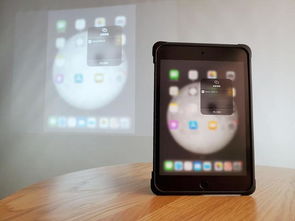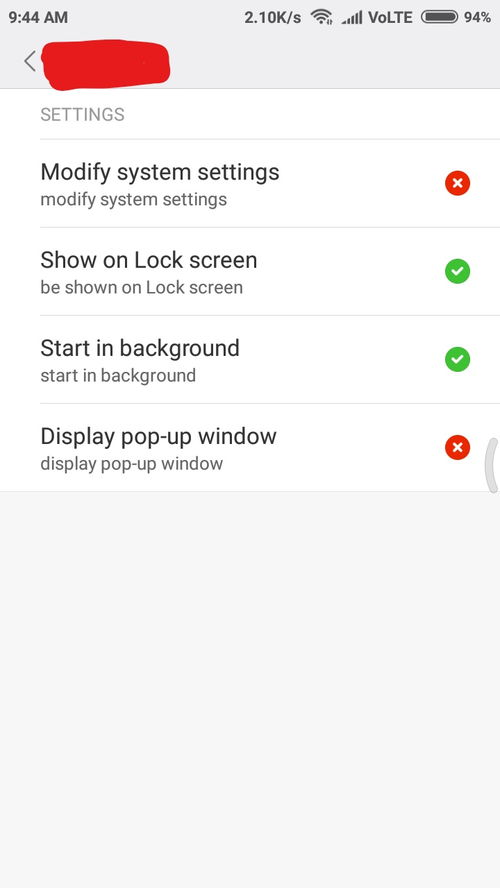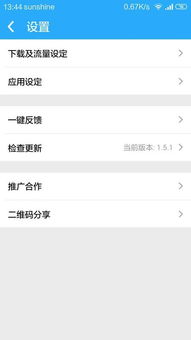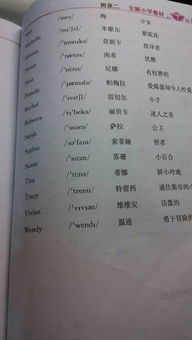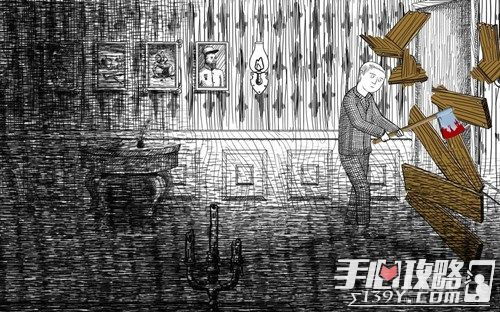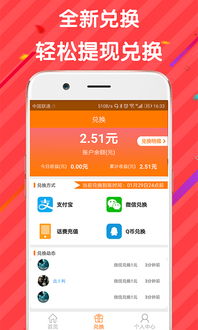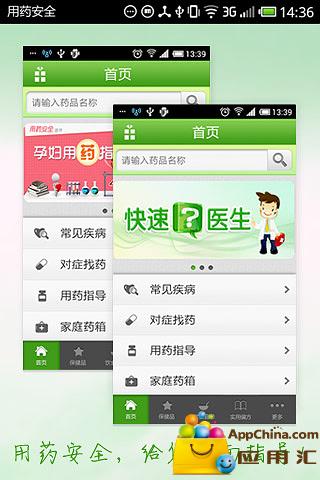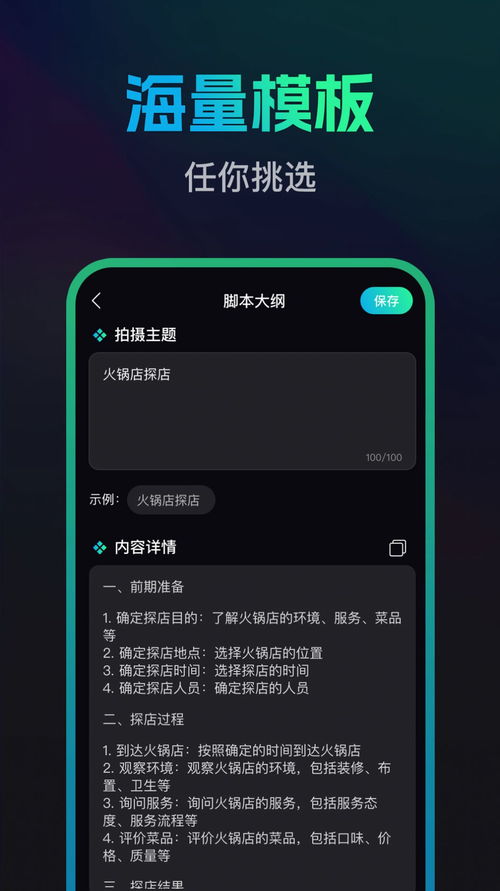
安卓系统layout怎么用,并且有一定的垂直间距。
时间:2025-06-27 来源:网络 人气:
你有没有想过,为什么你的安卓手机上的应用界面看起来这么酷炫?其实,这背后可是有大学问的哦!那就是——安卓系统的layout布局。今天,就让我带你一起探索这个神秘的layout世界,让你也能轻松掌握安卓布局的奥秘!
一、初识Layout:什么是Layout?
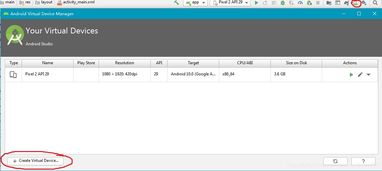
首先,你得知道,layout就是用来定义应用界面元素的排列方式的。简单来说,就是告诉手机屏幕上的各个控件(比如按钮、文本框等)应该怎么摆放。在安卓系统中,layout有各种各样的类型,比如线性布局(LinearLayout)、相对布局(RelativeLayout)、帧布局(FrameLayout)等等。
二、线性布局:简单易用的入门级布局
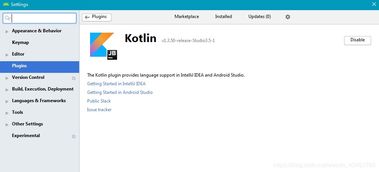
线性布局(LinearLayout)是最基础的布局方式,它就像一条直线,把所有的控件都排列在一条线上。你可以通过设置orientation属性来决定是水平排列还是垂直排列。
1. 水平排列:
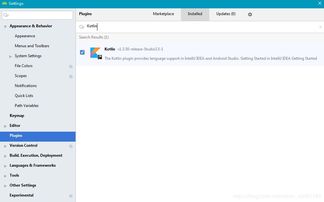
```xml
android:layout_width=\match_parent\ android:layout_height=\wrap_content\ android:orientation=\horizontal\> android:id=\@+id/button1\ android:layout_width=\wrap_content\ android:layout_height=\wrap_content\ android:text=\按钮1\ /> android:id=\@+id/button2\ android:layout_width=\wrap_content\ android:layout_height=\wrap_content\ android:text=\按钮2\ /> ```xml android:layout_width=\match_parent\ android:layout_height=\wrap_content\ android:orientation=\vertical\> android:id=\@+id/button1\ android:layout_width=\wrap_content\ android:layout_height=\wrap_content\ android:text=\按钮1\ /> android:id=\@+id/button2\ android:layout_width=\wrap_content\ android:layout_height=\wrap_content\ android:text=\按钮2\ /> 相对布局(RelativeLayout)可以让控件相对于其他控件的位置进行布局,非常灵活。比如,你可以让一个按钮在另一个按钮的下方,或者让一个文本框在屏幕的中间。 ```xml android:layout_width=\match_parent\ android:layout_height=\match_parent\> android:id=\@+id/button1\ android:layout_width=\wrap_content\ android:layout_height=\wrap_content\ android:text=\按钮1\ android:layout_centerInParent=\true\ /> android:id=\@+id/button2\ android:layout_width=\wrap_content\ android:layout_height=\wrap_content\ android:text=\按钮2\ android:layout_below=\@id/button1\ android:layout_marginTop=\20dp\ /> 帧布局(FrameLayout)主要用于放置一个主要的控件,其他控件则放在这个主要控件之上。它比较简单,但有时候也能派上用场。 ```xml android:layout_width=\match_parent\ android:layout_height=\match_parent\> android:id=\@+id/button1\ android:layout_width=\wrap_content\ android:layout_height=\wrap_content\ android:text=\按钮1\ android:layout_gravity=\center\ /> 在使用layout的时候,一定要注意布局的优化。比如,尽量避免嵌套过多的布局,这样可以提高应用的性能。另外,合理使用weight属性,可以让布局更加灵活。 ```xml android:layout_width=\match_parent\ android:layout_height=\wrap_content\ android:orientation=\horizontal\ android:weightSum=\3\> android:id=\@+id/button1\ android:layout_width=\0dp\ android:layout_height=\wrap_content\ android:layout_weight=\1\ android:text=\按钮1\ /> android:id=\@+id/button2\ android:layout_width=\0dp\ android:layout_height=\wrap_content\ android:layout_weight=\1\ android:text=\按钮2\ /> android:id=\@+id/button3\ android:layout_width=\0dp\ android:layout_height=\wrap_content\ android:layout_weight=\1\ android:text=\按钮3\ /> 通过以上这些方法,相信你已经对安卓系统的layout布局有了初步的了解。接下来,就是实践的时候了。多尝试,多摸索,2. 垂直排列:
三、相对布局:灵活多变的布局方式
四、帧布局:简单直接的布局方式
五、布局优化:让你的应用更流畅
相关推荐
教程资讯
系统教程排行
- 1 18岁整身份证号大全-青春岁月的神奇数字组合
- 2 身份证号查手机号码-如何准确查询身份证号对应的手机号?比比三种方法,让你轻松选出最适合自己的
- 3 3步搞定!教你如何通过姓名查身份证,再也不用为找不到身份证号码而烦恼了
- 4 手机号码怎么查身份证-如何快速查找手机号对应的身份证号码?
- 5 怎么使用名字查身份证-身份证号码变更需知
- 6 网上怎样查户口-网上查户口,三种方法大比拼
- 7 怎么查手机号码绑定的身份证-手机号绑定身份证?教你解决
- 8 名字查身份证号码查询,你绝对不能错过的3个方法
- 9 输入名字能查到身份证-只需输入名字,即可查到身份证
- 10 凭手机号码查身份证-如何快速获取他人身份证信息?

系统教程
-
标签arclist报错:指定属性 typeid 的栏目ID不存在。

